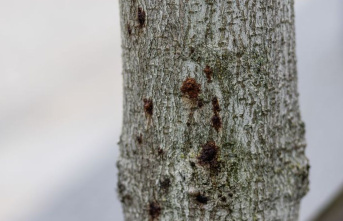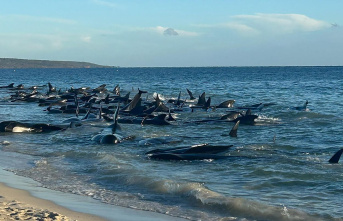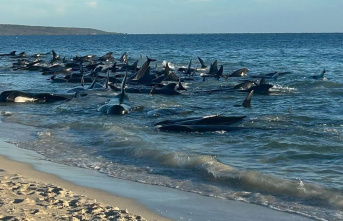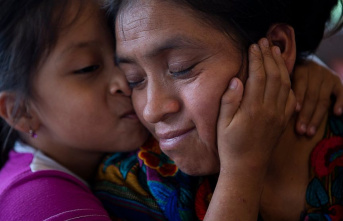CANBERRA (Australia) -- Australia's and New Zealand's prime minsters agreed that security concerns arising from China's growing influence should be addressed at a meeting next week of leaders in the western Pacific.
The wealthiest members of the 18-member Pacific Islands Forum are those from the neighboring countries. Leaders will be meeting in Suva, Fiji, July 11-14.
Australia and New Zealand are concerned that a Chinese naval base could be established in the South Pacific as a result of the security agreement between China and Solomon Islands.
At a Sydney press conference, the Australian Prime Minister Anthony Albanese agreed with his New Zealand counterpart Jacinda Adern that China's intrusion in the region's security was a matter of concern.
"There is no doubt that security issues and agreements will be discussed at the PIF. Albanese stated that it was one of the reasons he is determined to attend. "It is in Australia's national interests for me to do this."
Albanese stated that Australia would like to be the "security partner choice" for its Pacific island neighbours.
He stated that Australia's position was to continue to engage with China and to want to work with China when possible, but that Australia will uphold Australian values when necessary.
Ardern stated that while Frank Bainimarama was the meeting chair and the Fijian Prime Minister Frank Bainimarama controlled the agenda, rules of the forum allowed for discussions on security agreements that affect the region.
She stated that the security partners were not something that island countries would choose.
It should be the Pacific priorities that come first. They shouldn't be subject to coercion. Ardern stated that infrastructure should be of high quality because it is what our region needs.
She added that "New Zealand is strongly opposed to militarization in our region."
The summit in Suva will mark the first face-to-face meeting between Pacific leaders since 2019, when it met in Tuvalu.
China failed to endorse a bold plan to get 10 Pacific nations to sign a new comprehensive agreement that covers everything, security included. This was despite some deep concerns.
During his island-hopping trip, Wang Yi, China's Foreign Minister, won many smaller victories.
Wang was in Fiji to host a meeting with foreign ministers of the 10 island countries on May 30. After speaking for around 30 minutes, Wang and Bainimarama left the stage abruptly. Many details about the meeting were left unanswered.
The nations didn't endorse China's plan, it was obvious. During his trip, Wang was able to sign bilateral agreements with smaller Pacific countries.
Albanese believes the forum will be more open to his government's efforts on climate change. The government was elected in May and promised more action. The forum's most pressing security concern is climate change.
China has lifted a diplomatic freeze it placed on the Australian government for over two years. During that time, Beijing refused to return phone calls from Australian ministers. However, Richard Marles, Defense Minister, met Gen. Wei Fenghe from China last month.
Wang will meet Penny Wong, the Foreign Minister of the Group of Twenty richest and most powerful developing countries on Friday at Bali, Indonesia.












